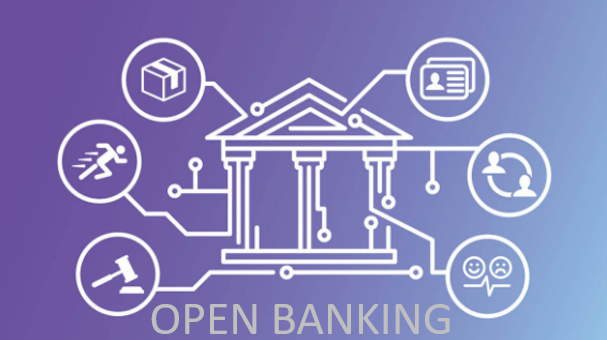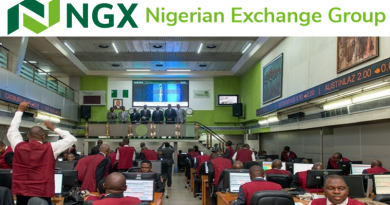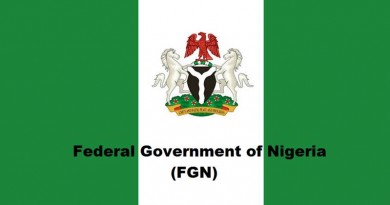Open banking now operational in Nigeria as CBN grants final approval – Chimaobi Agwu
The Operational Guidelines for Open Banking in Nigeria has been approved by the Central Bank of Nigeria in furtherance of its responsibility for the financial system’s stability and in accordance with its role in developing the financial system. The approval is contained in a circular dated March 7th and issued to all deposit money banks, payment service banks and mobile money operators in the country.
By enabling third-party payment services and other financial service providers to access banking transactions and other data from banks and financial institutions, open banking enables secure interoperability in the banking sector. It is also the collection of standards and technologies that enables users to share account information through, for instance, websites and applications in a safe and secure manner. Consumers gain from open banking because it gives them access to a greater selection of goods and services, like savings on loans and mortgages.
According to the circular, Nigeria’s implementation of Open Banking will encourage the exchange of customer-permitted data between banks and outside companies, enabling the development of customer-focused goods and services. It also aims to improve Nigeria’s financial services accessibility, competition, and efficiency. and as the CBN continues to monitor developments and give guidance as may be warranted, all parties involved are obliged to ensure strict compliance with the guidelines and all other requirements.
In order to foster innovation and increase the variety of financial products and services available to bank customers, the Regulatory Framework for Open Banking in Nigeria developed guidelines for data exchange across the banking and payments sector. As a result, open banking acknowledges that users of financial and non-financial services own and manage their data, and that they have the right to grant permission to service providers in order to access cutting-edge financial goods and services. Agency Banking, Financial Inclusion, Know Your Customer (KYC), Credit Scoring/Rating, etc. are all applications of Open Banking. It is hoped that these guidelines will increase competitiveness and increase access to financial and payment services.

Participants in the open banking program in Nigeria include any organization that possesses client data that may be exchanged with other companies for the purpose of offering cutting-edge financial services within Nigeria, according to the open banking regulatory framework by the CBN. This invariably includes commercial, merchant and investment banks, mortgage banks, microfinance banks, payment services banks and the fintechs (including API developers), and of course, the customers or account holders. Based on the following roles, the Open Banking participants are divided into three groups.
i. API Provider (AP): An AP is a participant who makes data or services available to other participants via API. An authorized financial institution or service provider, a retailer of fast-moving consumer goods (FMCG), another store, a payroll service bureau, etc. are all examples of API Providers.
ii. An API Consumer (AC) is a user who accesses data or services via an API that has been made available by an API provider. An authorized financial institution, service provider, retailer of FMCG products or other goods, payroll service bureau, etc. are all examples of API Consumers.
iii. Customer: This refers to the data owner who must give permission for the release of their information in order to obtain financial services.
The CBN must create and maintain an Open Banking Registry that will act as a regulatory monitoring tool for those who are a member of the open banking ecosystem, in accordance with the rules. Additionally, this registry is intended to increase transparency and give a way to control system operators. The standards also provide a Consent Management structure, which requires customers to give explicit consent before their information is accessible for, among other things, open banking products and services.




